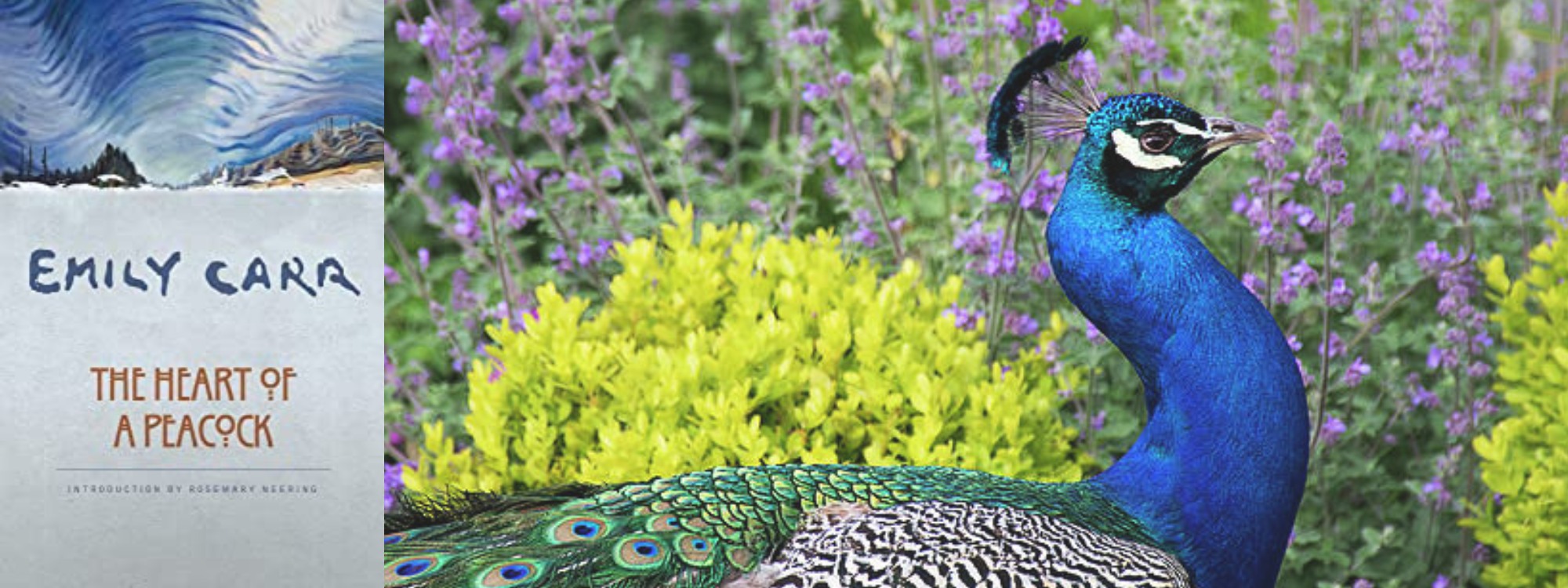I live in part of Alice’s house. My studio window overlooks her garden. Beside my window is Alice’s sparrow bush, a great rounded mock-orange shrub, whose myriad stalks and twigs are of just the right gripping size for the feet of sparrows.
Alice is nearly blind. She cannot see the flowers in her garden now; flowers and weeds are all a hazy muddle to her. The apple and the pear-tree are dim and shadowy against the sky. Her feet feel their way down the gravel walk. She fingers the smooth skin of an apple, the smoother skin of a pear, and asks, “Are my trees fruiting well this year?” It is just too bad to be blind.
In the mock-orange bush all day the sparrows sit waiting for Alice to come with handfuls of bread. She has made them lazy. They chortle and wait idly, no thought of searching for their own food.
All the cats in the neighbourhood found Alice’s garden a conveniently spread dinner table too—sparrow dinners whenever fancied. Green eyes, yellow eyes peered from under shrubs and plants—sudden darts! agony chirrups! Alice erected a miniature Eiffel Tower, impregnable to cats, on her lawn. She now puts the food on top of the tower. The outwitted cats have slunk back to their rightful homes.
Alice’s sparrows comfort her. She hears the flutter of their wings and their chirrups in the air around her head when she carries their food to the tower. She can discern their shadows when they come between the sunlight and herself. She feels less blind because of these shadowy movements.
Suddenly, away fly all the sparrows! They are gone for weeks. Alice is desolate, but she knows it will not be for long. They have gone away to nest and will come back, each pair with a husky brood of dishevelled, half-fledged youngsters, who will sit in squawking rows beneath the Eiffel Tower, mouths open, waiting for parent sparrows to fill them with Alice’s bounty.




0 comments